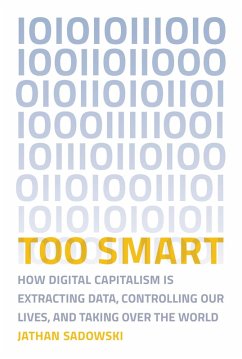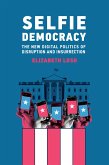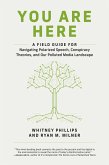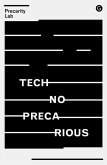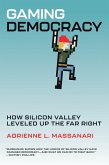Smart technology is everywhere: smart umbrellas that light up when rain is in the forecast; smart cars that relieve drivers of the drudgery of driving; smart toothbrushes that send your dental hygiene details to the cloud. Nothing is safe from smartification. In Too Smart, Jathan Sadowski looks at the proliferation of smart stuff in our lives and asks whether the tradeoff—exchanging our personal data for convenience and connectivity—is worth it. Who benefits from smart technology?
Sadowski explains how data, once the purview of researchers and policy wonks, has become a form of capital. Smart technology, he argues, is driven by the dual imperatives of digital capitalism: extracting data from, and expanding control over, everything and everybody. He looks at three domains colonized by smart technologies' collection and control systems: the smart self, the smart home, and the smart city. The smart self involves more than self-tracking of steps walked and calories burned; it raises questions about what others do with our data and how they direct our behavior—whether or not we want them to. The smart home collects data about our habits that offer business a window into our domestic spaces. And the smart city, where these systems have space to grow, offers military-grade surveillance capabilities to local authorities.
Technology gets smart from our data. We may enjoy the conveniences we get in return (the refrigerator says we're out of milk!), but, Sadowski argues, smart technology advances the interests of corporate technocratic power—and will continue to do so unless we demand oversight and ownership of our data.
Dieser Download kann aus rechtlichen Gründen nur mit Rechnungsadresse in A, B, BG, CY, CZ, D, DK, EW, E, FIN, F, GR, HR, H, IRL, I, LT, L, LR, M, NL, PL, P, R, S, SLO, SK ausgeliefert werden.

